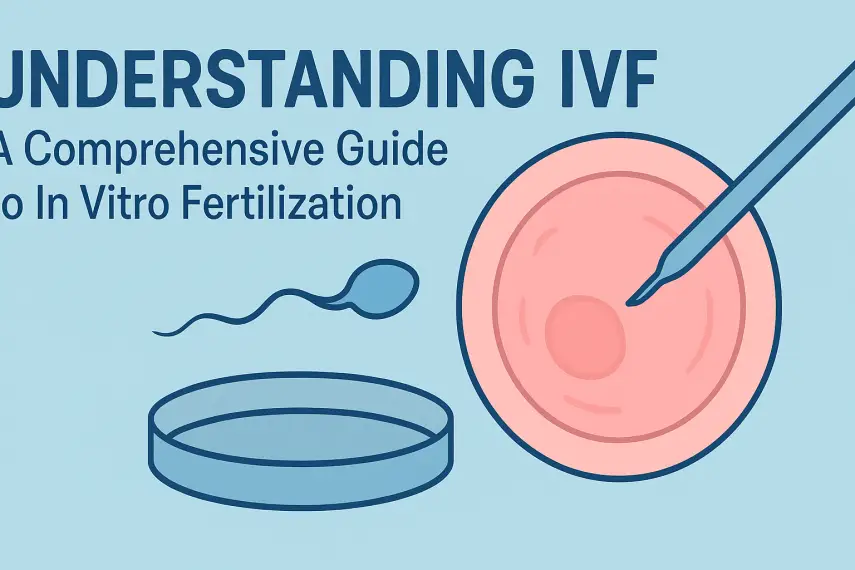
Mother & Baby Health: Comprehensive Guide for a Healthy Start
📑 Contents
Mother & Baby Health: Comprehensive Guide for a Healthy Start
Ensuring the health of both mother and baby is crucial for a positive pregnancy experience and a strong start in life. This comprehensive guide covers vital aspects of mother and baby health, including prenatal care, nutrition, postpartum recovery, baby milestones, vaccination schedules, and mental health support. Whether you are expecting, a new parent, or supporting someone on this journey, these practical tips and up-to-date recommendations will help you make informed decisions for a healthy family.
Prenatal Care: Building a Foundation for Health

Prenatal care is the medical attention and support a woman receives during pregnancy. Early and regular prenatal visits are essential for monitoring the health of both mother and baby, identifying potential risks, and providing guidance on lifestyle choices.
- Regular Checkups: Schedule prenatal visits as soon as pregnancy is confirmed. Most women see their healthcare provider every 4 weeks until 28 weeks, every 2 weeks until 36 weeks, and weekly until delivery.
- Screenings and Tests: Routine screenings for blood pressure, gestational diabetes, anemia, infections, and fetal development are crucial.
- Supplements: Folic acid and prenatal vitamins help prevent birth defects and support healthy growth.
- Lifestyle Modifications: Avoid alcohol, tobacco, and recreational drugs. Limit caffeine and follow a healthy sleep routine.
Key Prenatal Checkup Schedule
| Pregnancy Stage | Frequency of Visits | Main Focus |
|---|---|---|
| Weeks 4–28 | Every 4 weeks | General health, screenings, nutrition advice |
| Weeks 28–36 | Every 2 weeks | Growth monitoring, glucose tolerance test |
| Weeks 36–Birth | Weekly | Labor prep, position of baby, final assessments |
Nutrition for Mother and Baby

Proper nutrition during pregnancy and after birth supports maternal health and optimal baby development. Nutritional needs change throughout pregnancy and breastfeeding, so focus on a balanced diet rich in essential nutrients.
Essential Nutrients for Mothers
- Folic Acid: Crucial for neural tube development (found in leafy greens, fortified cereals).
- Iron: Prevents anemia and supports oxygen delivery (found in lean meats, beans, spinach).
- Calcium: Builds strong bones and teeth (found in dairy, tofu, broccoli).
- Protein: Supports tissue growth (found in eggs, poultry, legumes).
- Omega-3 Fatty Acids: Promotes brain development (found in fish, walnuts, flaxseed).
For babies, breast milk or formula provides all necessary nutrients for the first six months. Afterward, gradually introduce solid foods according to pediatric guidance, prioritizing iron-rich and varied foods.
Postpartum Recovery and Maternal Health

The postpartum period is a time of physical and emotional adjustment. Recovery varies, but most women need support for both physical healing and mental well-being.
Physical Recovery Tips
- Rest as much as possible and accept help from family or friends.
- Maintain a nutritious diet and stay hydrated, especially when breastfeeding.
- Attend postpartum checkups to monitor healing, mood, and recovery.
- Practice gentle exercises, such as walking or pelvic floor exercises, after medical clearance.
Emotional and Mental Health
- Be aware of common mood changes, including “baby blues.”
- Seek support if experiencing persistent sadness, anxiety, or difficulty bonding with the baby—these may be signs of postpartum depression.
- Connect with support groups or counseling services when needed.
Baby’s Health: Milestones and Monitoring
Tracking your baby’s growth and developmental milestones ensures timely intervention if issues arise. Regular pediatric appointments help monitor physical, cognitive, and emotional development.
Major Baby Milestones (First Year)
- 1–3 months: Lifts head, follows objects, starts to smile.
- 4–6 months: Rolls over, babbles, reaches for toys.
- 7–9 months: Sits without support, responds to name, begins crawling.
- 10–12 months: Stands with support, says simple words, starts to walk.
If you notice delays or have concerns, consult your pediatrician. Early intervention can make a significant difference in outcomes.
Vaccinations and Regular Health Checks
Immunizations protect babies from serious diseases. Follow your country’s recommended vaccination schedule and attend all well-baby visits for timely immunizations and health assessments.
Sample Baby Vaccination Schedule (First Year)
| Age | Vaccines |
|---|---|
| Birth | Hepatitis B (1st dose) |
| 2 months | DTaP, IPV, Hib, PCV, Rotavirus, Hepatitis B (2nd dose) |
| 4 months | DTaP, IPV, Hib, PCV, Rotavirus |
| 6 months | DTaP, IPV, Hib, PCV, Rotavirus, Hepatitis B (3rd dose), Influenza (seasonal) |
| 12 months | MMR, Varicella, Hepatitis A, Hib, PCV |
Consult your healthcare provider for the exact schedule and additional vaccines recommended in your region.
Breastfeeding and Infant Nutrition
Breastfeeding is recommended for at least the first six months of life. It provides ideal nutrition, antibodies, and bonding opportunities. If breastfeeding is not possible, infant formula is a safe alternative.
Tips for Successful Breastfeeding
- Feed on demand and watch for hunger cues.
- Ensure proper latch to prevent discomfort and promote milk flow.
- Stay hydrated and maintain a balanced diet.
- Seek support from lactation consultants if challenges arise.
As babies grow, introduce complementary foods around 6 months while continuing to breastfeed or offer formula.
Maternal and Infant Mental Health
Mental health is as important as physical health for both mothers and babies. Emotional well-being affects bonding, development, and overall family health.
Supporting Maternal Mental Health
- Recognize signs of postpartum depression and anxiety.
- Maintain open communication with partners and loved ones.
- Engage in self-care, rest, and activities that bring joy.
- Do not hesitate to seek professional help if needed.
Fostering Baby’s Emotional Health
- Respond to baby’s cues with affection and attention.
- Encourage play and interactive activities.
- Provide a safe and stimulating environment.
Frequently Asked Questions (FAQs)
1. What are the most important nutrients during pregnancy?
Folic acid, iron, calcium, protein, and omega-3 fatty acids are vital for the health of both mother and baby. These nutrients support fetal development and maternal well-being.
2. How often should I take my baby to the doctor?
Babies should see a pediatrician for regular well-baby checks at birth, a few days after discharge, and at 1, 2, 4, 6, 9, and 12 months, or as recommended by your healthcare provider.
3. What are signs of postpartum depression?
Symptoms include persistent sadness, irritability, loss of interest in activities, trouble bonding with the baby, and changes in appetite or sleep. Seek help if these symptoms last more than two weeks.
4. When should I introduce solid foods to my baby?
Most babies are ready for solid foods around 6 months of age. Look for signs of readiness, such as sitting up with support and showing interest in food.
5. Is it safe to exercise during pregnancy?
Yes, moderate











